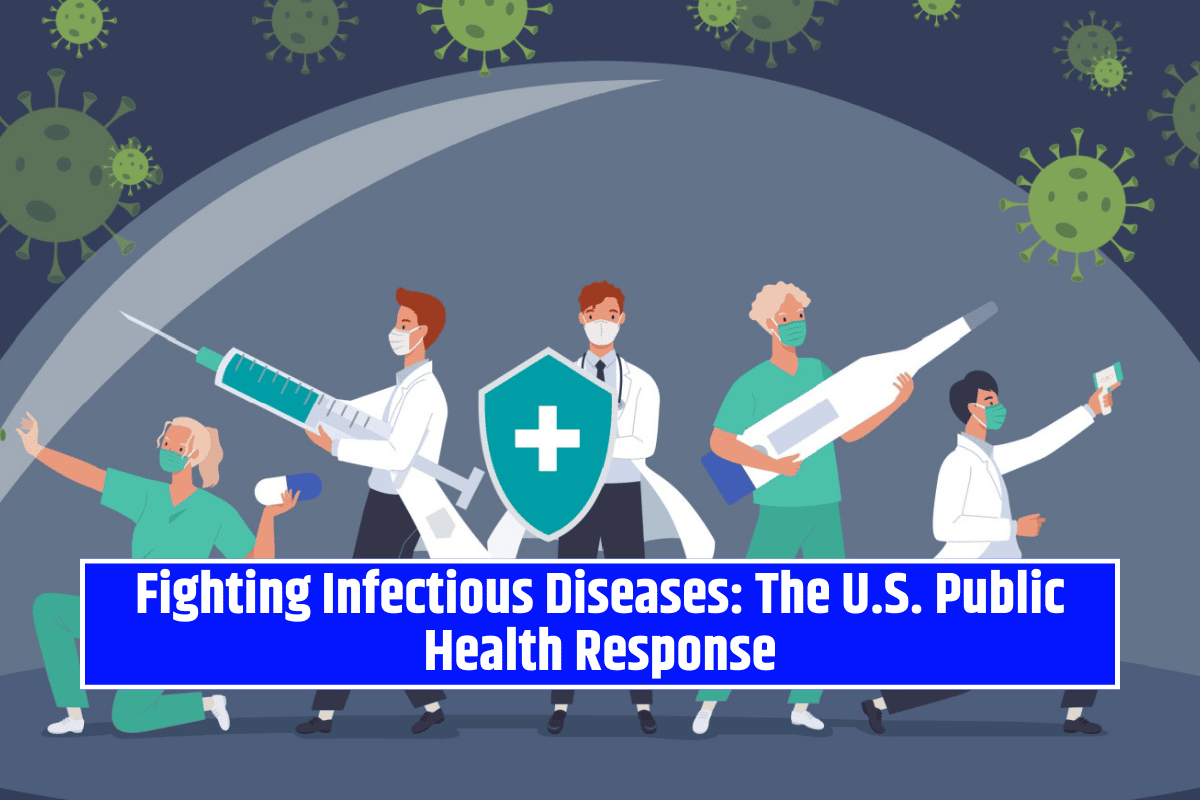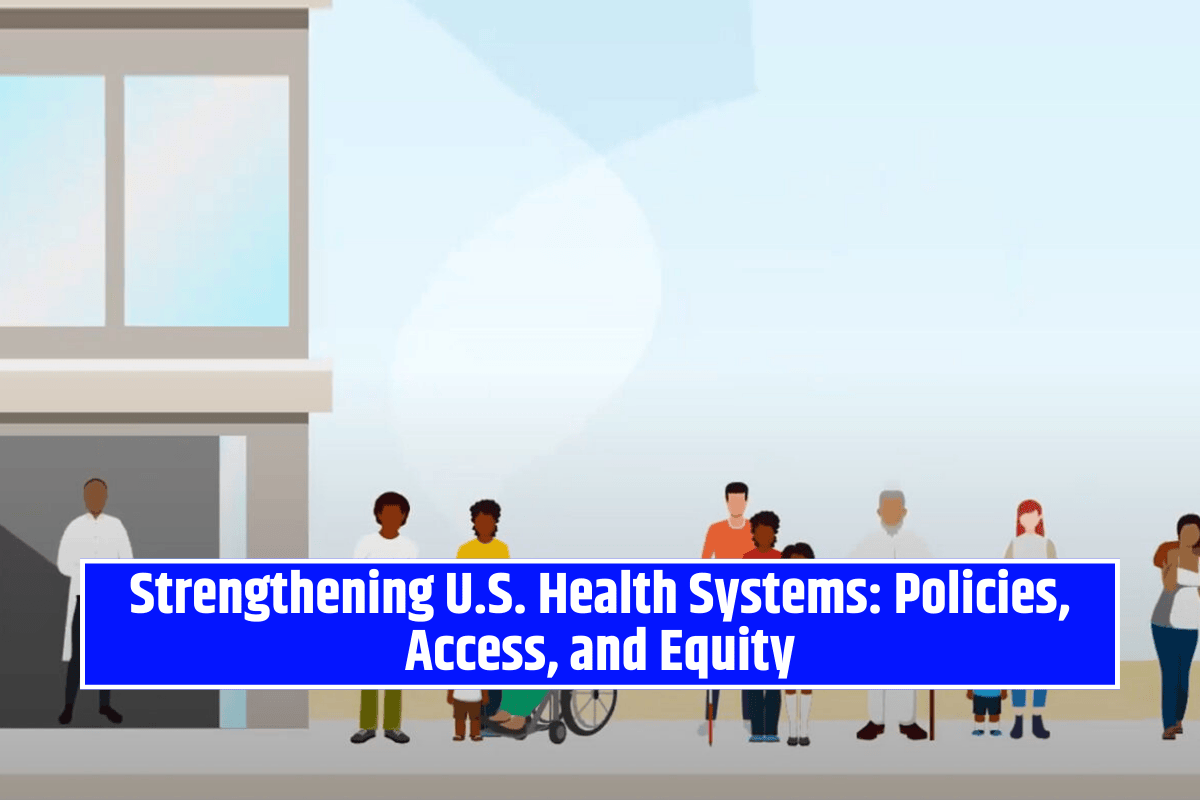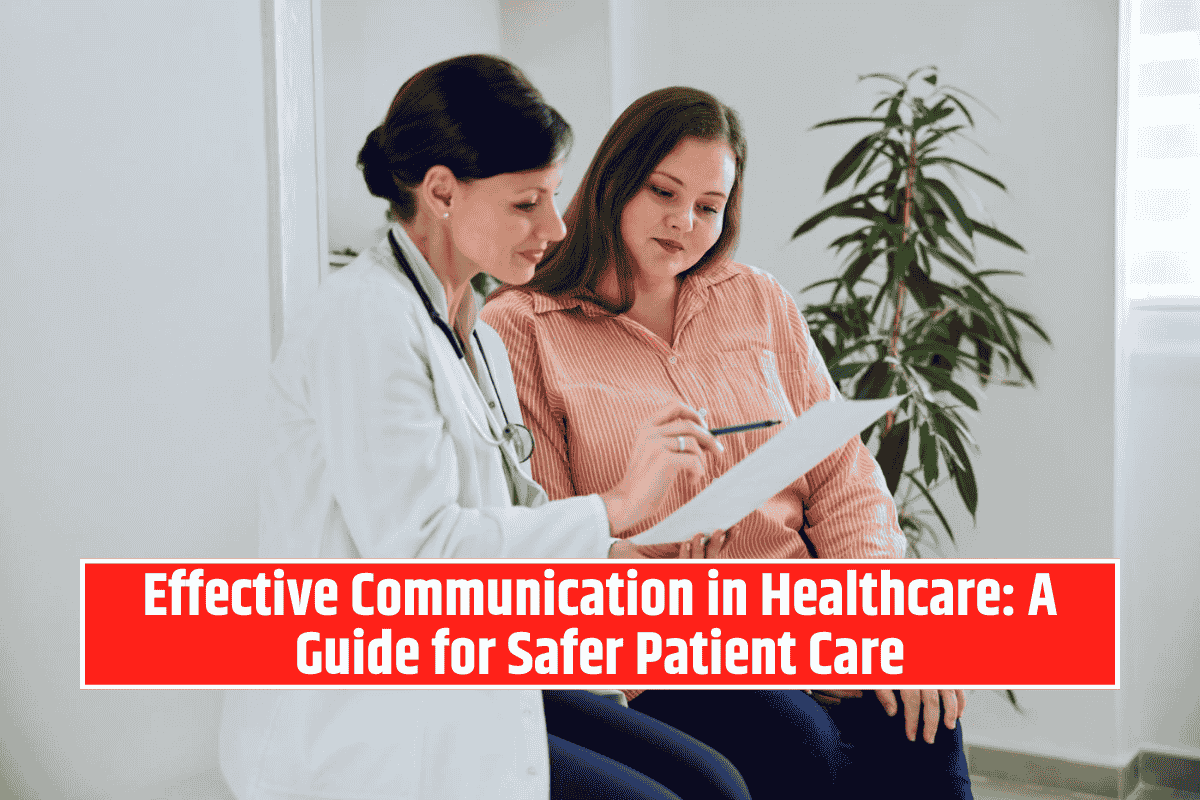In the ever-evolving healthcare landscape, patient care management plays a central role in ensuring quality care and improving patient outcomes.
With challenges like an aging population, the rise of chronic diseases, and the demand for cost-effective healthcare, the need for skilled patient care management has never been more pressing.
The Growing Demand for Patient Care Management
Healthcare systems are increasingly shifting their focus from treating diseases to providing holistic care that addresses the complete needs of patients. This includes coordinating services across various stages of treatment, from diagnosis to post-care follow-up.
With the aging population and the rise in chronic conditions, the need for effective patient care management continues to grow.
Urban centers worldwide face unique challenges in managing diverse patient needs. In cities like New York and London, healthcare providers must handle complex medical conditions and mental health issues, often with limited resources.
Efficient patient care management is crucial in these settings, ensuring patients receive seamless care while navigating an overburdened healthcare system.
The Role of Patient Care Management in Healthcare Systems
Patient care management involves a comprehensive, patient-centered approach that spans from diagnosis through treatment to long-term care.
Healthcare professionals, including doctors, nurses, and care coordinators, work collaboratively across departments to ensure that patients receive timely and personalized care.
This multi-disciplinary approach ensures that patients are treated not only for their physical conditions but also for emotional, social, and mental well-being.
An important aspect of patient care management is personalized care, which considers individual factors such as socio-economic background and family dynamics. This tailored approach fosters better communication between patients and providers, improving satisfaction and health outcomes.
Technological Advancements in Patient Care Management
Technology has revolutionized patient care management, making healthcare systems more efficient and patient-centered. Electronic Health Records (EHRs) have streamlined the sharing and storage of patient information, allowing healthcare providers to access up-to-date data and make informed decisions quickly. This reduces the risk of errors and enhances the overall quality of care.
Telemedicine is another transformative tool, especially for patients in rural or underserved areas. Platforms allowing virtual consultations with specialists offer convenience and access to quality care, particularly for elderly patients or those managing chronic conditions.
This technological shift improves accessibility, saves time, and enhances the patient experience by reducing the need for travel.
The Role of Collaboration and Communication in Patient Care
Effective communication and collaboration are essential for high-quality patient care. Coordinating between primary care physicians, specialists, and support staff ensures that patients receive consistent and comprehensive care.
The integration of multidisciplinary teams is vital for handling complex patient cases, as seen in cities like Toronto and Mumbai.
This team-based approach creates a more holistic care plan by considering all aspects of a patient’s health. Whether it’s managing medications, arranging surgeries, or offering emotional support, this coordination ensures the best possible care outcomes.
Challenges in Patient Care Management
Despite advancements, patient care management still faces several challenges. One major obstacle is the fragmented nature of healthcare systems, particularly in large cities.
With patients seeing multiple specialists or visiting various facilities, the continuity of care can be compromised, leading to communication breakdowns, delays, and even medical errors.
In cities like Rio de Janeiro and Cape Town, healthcare access disparities exacerbate these challenges. Patients from lower-income backgrounds may struggle to access quality care, contributing to unequal health outcomes.
This highlights the need for patient care managers to work towards closing these gaps and ensuring equitable care for all.
Chronic diseases like diabetes and hypertension further strain healthcare systems. These conditions require constant management, which can be resource-intensive. As a result, patient care management is evolving to incorporate preventive care and lifestyle interventions that help patients manage their conditions effectively.
The Future of Patient Care Management
Looking ahead, patient care management will continue to evolve, driven by technological advancements, data analytics, and a greater emphasis on patient-centered care.
The integration of artificial intelligence (AI) will enable healthcare providers to anticipate patient needs and intervene earlier, improving patient outcomes and reducing healthcare costs.
As healthcare systems increasingly adopt value-based care models, patient care management will be critical in ensuring that care is both effective and cost-efficient.
By focusing on quality and outcomes, healthcare systems can create sustainable, patient-centric models that deliver high-quality care for all individuals.
Patient care management is a vital aspect of modern healthcare that ensures patients receive comprehensive, coordinated, and timely care.
By leveraging technology, enhancing communication, and prioritizing personalized care, healthcare providers can improve patient satisfaction and health outcomes. As healthcare continues to evolve, effective patient care management will remain a cornerstone of quality healthcare delivery.












